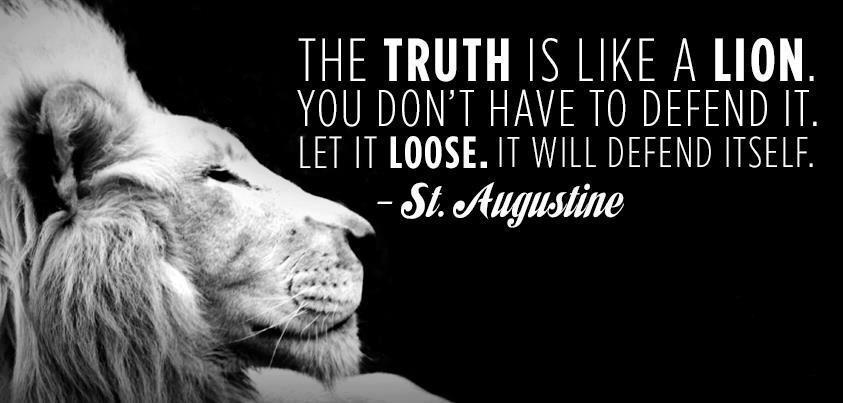The Truth Should Suffice
I would have thought that a direct marketer who can’t make a high-teens annualized return over the longer term look very attractive wouldn’t be a very good marketer. The truth should suffice. Evidently, we’re in a world where the truth doesn’t always suffice. In one sense, I have sympathy for the marketing expert because everyone else is exaggerating too. It’s going to be very difficult to distinguish yourself with a truthful claim about having returns in the high teens when everyone else is bragging about returns that are orders of magnitude greater. AAII Journal August 2018. Mark Hulbert, Observations From Decades of Tracking Investment Newsletters.
I had just completed my Air Force performance evaluation. It was to be my input to my boss to make his formal performance evaluation of me. It usually just got used as-is because my boss, like all the rest of us, was pretty busy. My performance evaluation looked pretty good. It didn’t, however, look much better than anyone else’s performance evaluation. I know because we first sanitized them of all personally identifiable information and then we looked at them as a group so we can see how others were performing. Or at least how the performance evaluation said they were performing. I would chuckle to myself. The difference between what my evaluation said and what the others said was really just one thing. I actually did the things my evaluation said I did. The other people? They generally said all the standard things they thought they needed to say in order to get that next promotion.
See related: Successful Projects Are Boring
I started to write my own performance appraisals when one evaluation time my boss gave me a draft of his appraisal of me and asked me if I wanted to add or change anything. That was nice of him. However, he had me doing and being part of all sorts of things that I didn’t do or wasn’t part of. It also reminded me that in general, my boss had no idea what I was doing. I could save the world several times a week, but because I saved the world and didn’t have a disaster, he had no idea I had done it. And, of course, everyone else was explaining how they had saved the world each week, so for me to have mentioned how I had saved it, it would have at best elicited an “OK, great, good work, keep at it.”
See How not to be taken for granted
Delivering projects on time and with high quality should generally propel anyone to a higher level of recognition and income, and it does in most cases. However, there are times when doing very well doesn’t seem to have the impact with the senior managers that one would think it would have. In those cases, I look at what everyone else is claiming on a regular basis and if there appears to be a lot of exaggeration (or maybe naysaying of each others project’s accomplishments) then I recognize that the noise level may be too high for truth or reality to be clearly evident. I still stick with communicating our success in objective terms and rely on the reality of our accomplishments to slowly sink into the DNA of the organization. Others crank up their marketing to compete with the noise, and that is an equally valid and reasonable approach. However, it too often only looks like the typical noise that everyone else is producing.
What are you doing, without having to use questionable exaggerations, to highlight how well your project is going (or had gone)?
